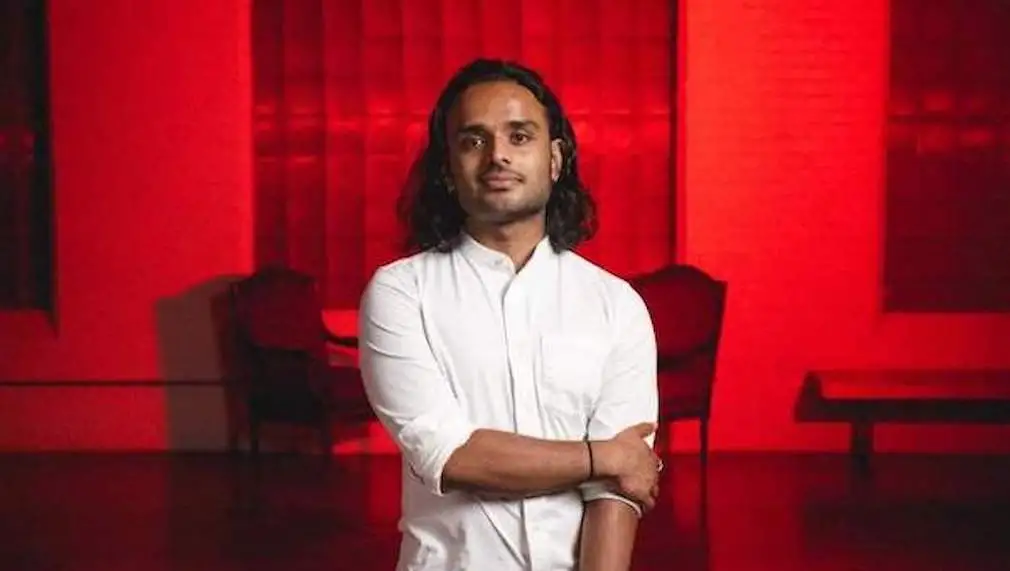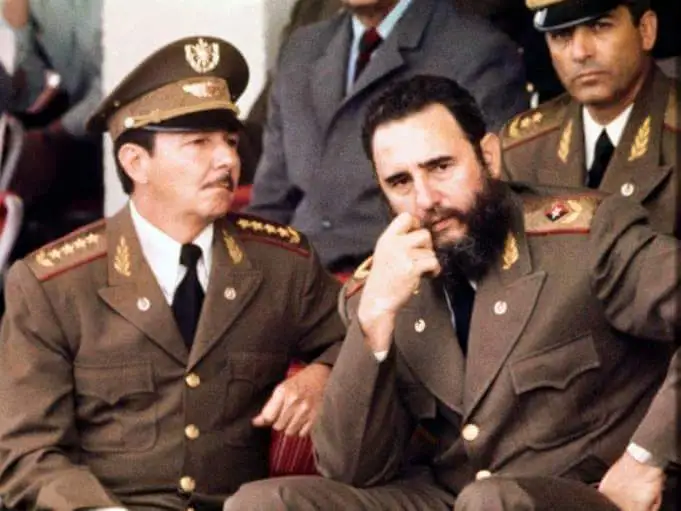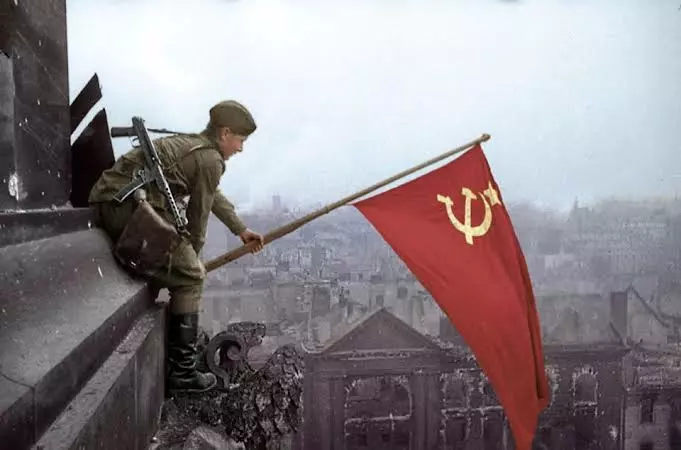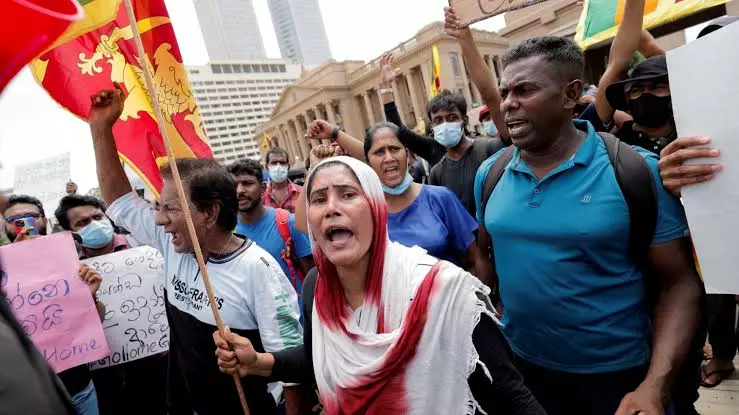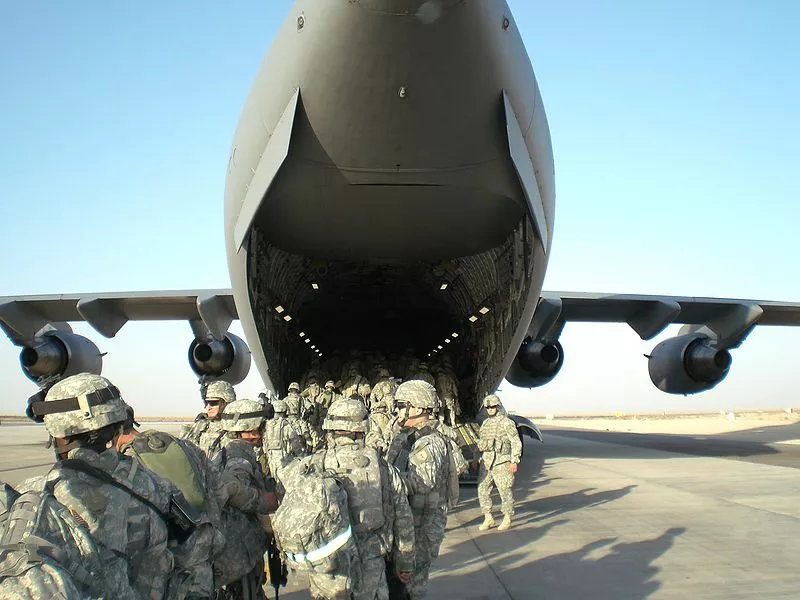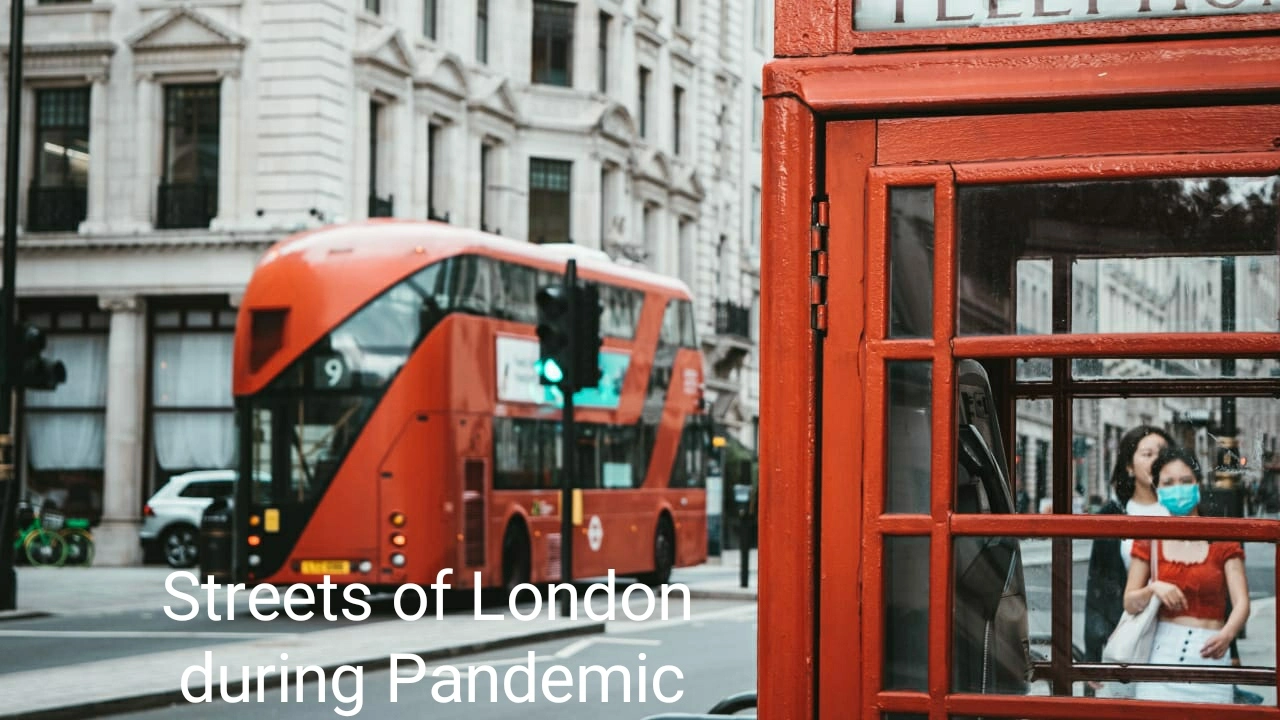On Behalf of The International Magazine, Akash Chatterjee and Gourab Ghosh have conducted this interview with Nigel Cheriyan, candidate from Hamilton centre.
Hello Nigel. Hope you are doing well. Welcome to our interview. It is an honour for us to get you before the upcoming Canadian Federal Election.
Here are some questions we want to ask you.
Question 1. You are fighting from Hamilton Centre, what are the demands of the people you are meeting from your constituency?
The main consideration for our constituency is housing. Hamilton has been at the center of a particularly aggressive and destructive housing market, as tenants and moneyed interests overflow from the nearby city of Toronto. This tied together with our specific material history, namely that of heavy industry and rising unemployment due to automation, creates an extremely vulnerable population that are easily evicted and then their homes become impossible to afford for the local Hamiltonian.
Question 2. Do you think the people of Canada and especially in your constituency are deprived under the Trudeau administration?
We have witnessed many spectacular failures of the Trudeau government, namely the failed promises to Indigenous peoples, failure to adequately address climate change, and failure to address our housing crisis. I think this inadequacy is fundamental to the structure of neo-liberal bourgeois electoral parties, they consistently aim to protect economic interests in the middle of failing capital markets. The buttressing and maintenance of the types of systems that
Trudeau advocated for is based on a long history of white-supremacy masquerading as ‘common-sense’ politics. They posit solutions to climate change are green technology , which requires significant extraction of lithium from mines in the Global South. They posit the importance of better energy infrastructure, while not contending with the destruction of Indigenous land that this entails. All the policies are clad in this rhetoric, that inevitably requires the subjugation of more racialized people.
Question 3. The Trudeau government is often praised in the international periphery for providing good administrative service. Do you think that this image of the government is distorted? Is the image an exaggeration? If yes, then why?
This is absolutely a distortion, it displays a selective perspective. Namely if one were a well off white man, then you could absolutely believe this. The service and work done by Trudeau is completely uneven between white people and minorities. The only effective ‘service’ provided to most Indigenous or houseless people is displacement and carceral violence. Fundamentally, the structures of the canadian government have not shifted considerably under Trudeau, and the march of capital has made it worse.
Question 4. What are the policies you and your party are thinking to implement if your party comes in power.
We plan to reduce military spending by 75%, to ban evictions due to income, to build over 1 million units of affordable housing, among many other things. Our policies and work are hinged on our understanding of Marxism-Leninism and our analysis of the specific sociopolitical climate of canada. We understand the contradictions of capital and hope to work to reduce the strangle hold it has on the canadian proletariat.
Question 5. You are the president of a housing cooperative, your cooperative advocates for Universal and Affordable housing schemes. Tell us more about that. Do you think Universal Housing Rights should be treated as a fundamental right?
Yes, housing should be treated as a human right and that is a central point on our party platform. The Communist Party of Canada proposes the adoption of housing as a public utility and observes the human right to housing. Living in a coop has made me privy to how much of life and wellness is tied to housing. I am much more aware of the types of housing that are guises for private sector expansions and which ones create spaces for genuinely affordable housing, namely income-geared public housing. There are also a variety of lessons to be learned about how housing relates to personal and societal well-being, and about how housing issues are interrelated and magnify issues around accessibility.

Question 6. You are a student. What are your criticisms of the Trudeau government regarding student's policy? What are the changes you are seeking to implement?
During Trudeau’s tenure, the cost of tuition has sky-rocketed substantially, further restricting education to the most well-off in society. This will continue to be a trend for the foreseeable future, regardless of intermediary measures, if we do not make all education public and pay students for their time spent in school.
Question 7. As a genderqueer, what are your criticisms of the Trudeau government? Do you think the current administration is sensitive towards the LGBTQIIA+ community?
They have been ‘sensitive’ about queer issues but only in the most shallow way. The neo-liberal conception of queer issues often frames queer people as some wholey unique people, but this is not true, we have the same concerns as other people, housing, education healthcare etc.
Question 8. What are the policies you have in mind for the LGBTQIIA+ community if you come to power?
I will address one of the key issues for queer people, namely housing. We will institute housing as a human right and create housing that is accessible for all people. We will prevent queer people from being evicted from housing based on discrimination etc.
Question 9. The communists are often criticised for not uplifting the question of Marginal identities. Do you think CPC has been an exception in this case?
My experience has been that the CPC has excellent understanding of queer issues, due to the active and pervasive participation of queer people in the CPC space. We have been given space to contribute our knowledge and are valued when we do. I do not believe this criticism is correct in most conceptions. Most communist spaces have been accepting of and have adopted marginalized voices well before any bourgeois political space has. Have there been major flaws and contradictions along the way? Yes, however, the philosophy of communism is libratory in nature, and queer people desire liberation, so the two will always march together.
Question 10. Lastly, How do you address the queer question within the Marxist line?
Marxists care about material reality, and gender is not material reality. The ways that gender has been constructed by division of labour, namely unpaid domestic labour done by women, is a reality experience by the gender oppressed. However, there is nothing material about this construction, apriori. My queerness hopes to transcend that labour divide, invoke questions about essentialized experiences, and deconstruct the need for consumption as a prerequisite for ‘valid’ identity.
